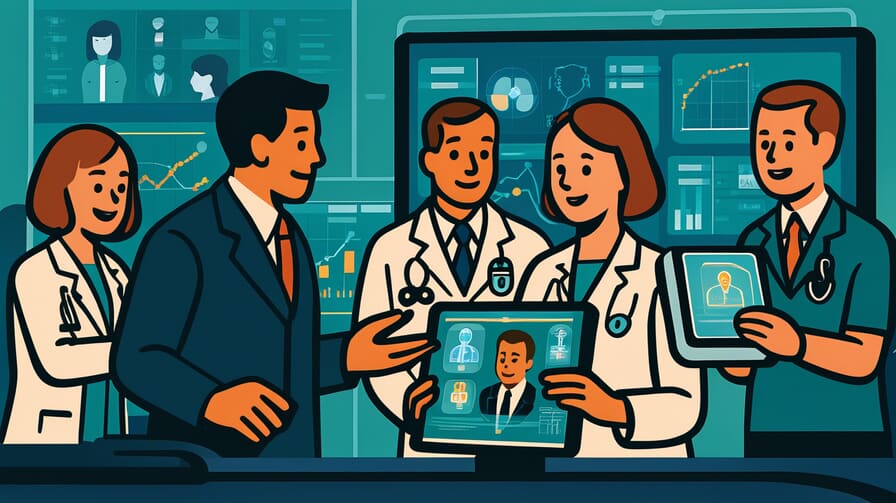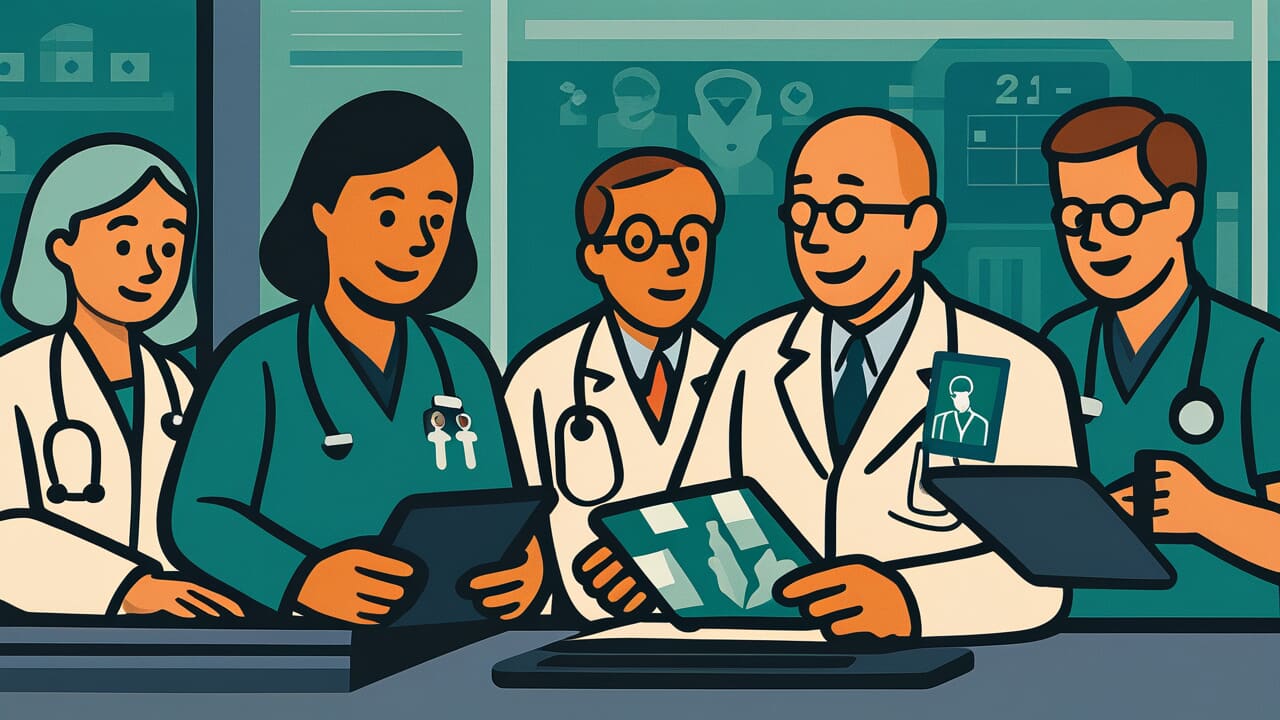[Disclaimer] This article is reconstructed based on information from external sources. Please verify the original source before referring to this content.
News Summary
The following content was published online. A translated summary is presented below. See the source for details.
Oracle, the leading provider of enterprise software and cloud computing solutions, has announced significant enhancements to its Electronic Data Capture (EDC) solution aimed at streamlining clinical trials and expediting new therapy development. The upgraded platform features cutting-edge AI-enabled EHR interoperability, comprehensive data collection capabilities, and advanced safety integration features. These improvements are expected to dramatically reduce the time required for clinical trials, enhance data management processes, and potentially accelerate the market entry of new therapies. Oracle’s commitment to advancing healthcare technology is evident in this update, which leverages the company’s strong position in the enterprise software market and its growing cloud services revenue. The enhancements address longstanding challenges in clinical trial software, such as manual data entry and privacy concerns, while aligning with industry trends towards AI-driven automation and advanced interoperability standards like HL7 FHIR and TEFCA.
Source: ORACLE News
Our Commentary
Background and Context

Oracle’s latest update to its EDC solution comes at a crucial time in the pharmaceutical and biotech industries. The clinical trial process has long been a bottleneck in bringing new therapies to market, with traditional methods taking an average of 10 years from discovery to approval. However, the integration of AI and advanced data management techniques has been rapidly changing this landscape, with the potential to significantly reduce development timelines and costs.
Expert Analysis
The enhancements to Oracle’s EDC solution represent a significant leap forward in clinical trial technology. The AI-enabled EHR interoperability features address one of the most persistent challenges in clinical research: the efficient and accurate transfer of patient data from electronic health records to clinical trial databases. This advancement has the potential to drastically reduce data entry errors and speed up the trial process.
Key points:
- AI-driven patient matching and record retrieval can enhance recruitment processes, particularly for complex trials.
- Privacy-preserving AI techniques, such as federated learning, enable collaborative model training without exposing protected health information.
- The integration of safety reporting and document management streamlines workflows and regulatory compliance.
Additional Data and Fact Reinforcement
Recent data underscores the impact of AI on drug development timelines:
- By 2024, AI had reduced the average drug development time from 10 years to approximately 4 years.
- Oracle has surpassed SAP to become the top ERP applications provider, with $8.7 billion in ERP software revenue and a 6.63% share of the global ERP market in 2025.
- Oracle’s total revenues reached $57.4 billion in fiscal 2025, with cloud services and license support revenues up 12% to $44.0 billion.
Related News
The FDA’s finalized guidance on Part 11 compliance, issued in October 2024, clarifies regulatory expectations for electronic records in clinical trials. This guidance aligns well with Oracle’s enhanced EDC solution, potentially easing the regulatory burden for users of the platform.
Summary

Oracle’s enhanced EDC solution represents a significant advancement in clinical trial technology, leveraging AI and improved interoperability to address longstanding industry challenges. As the pharmaceutical industry continues to embrace digital transformation, tools like Oracle’s EDC are poised to play a crucial role in accelerating the development of new therapies and bringing them to market more quickly and efficiently.







